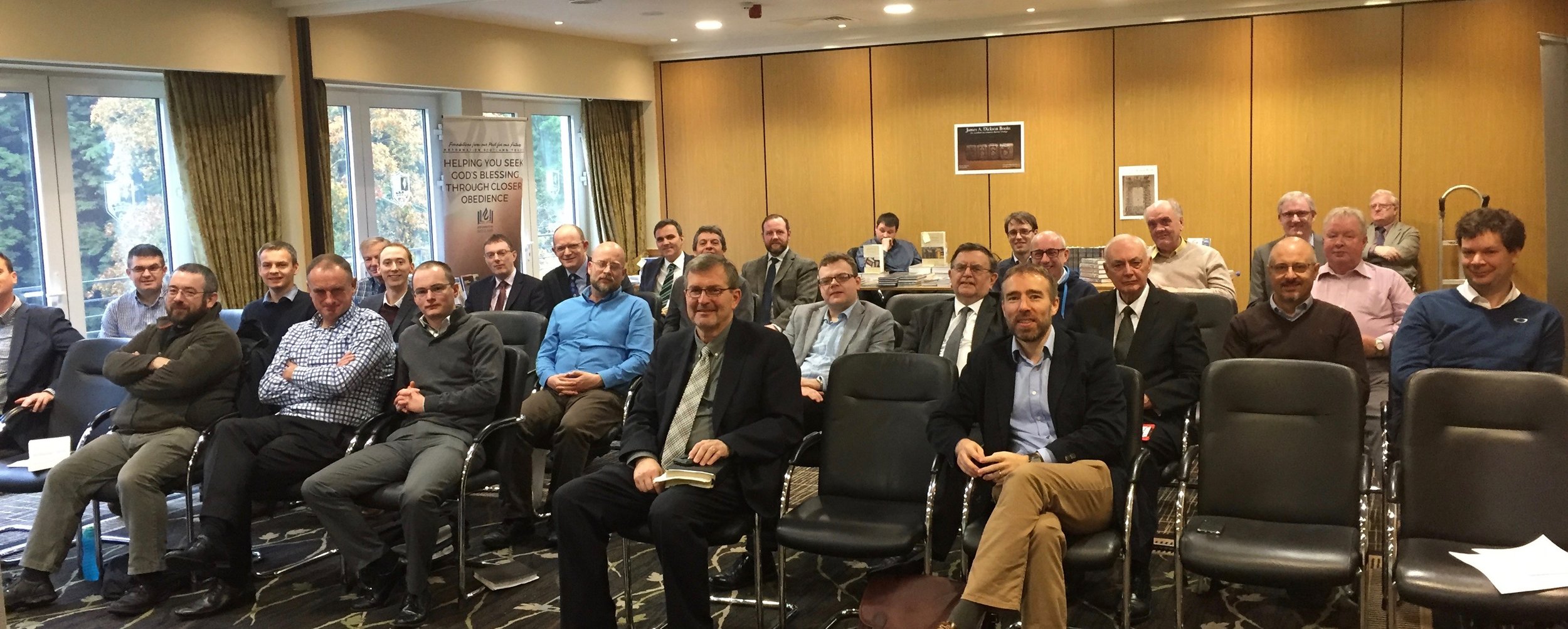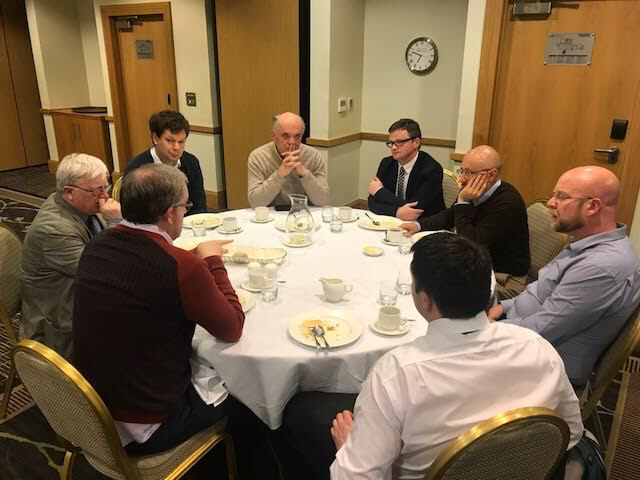However the Judaism of today is the religion of those who rejected and killed their own Messiah. It’s not the Judaism of the Old Testament, which as we’ve seen from Galatians was a religion of faith in God’s promised Messiah. The Judaism of today is a works religion. Jews today don’t worship the God of the Bible ('No one who denies the Son has the Father' - 1 John 2:23). The book of Revelation even refuses to apply the name ‘Jew’ to the first century Jews (2:9; 3:9). It describes them as: ‘those who say they are Jews but are not, but are a synagogue of Satan’. If they really were Jews, they would have accepted the Jewish Messiah.
Nor is there still an earthly promised land today. The earthly promised land was always a picture of Heaven. Hebrews 11:10 tells us that even Abraham, who received the promise of the land, was looking for something better - something beyond this world.
The Promised Land of Israel has served its purpose. The Modern Day state of Israel is a human creation and not the fulfilment of any Biblical prophecy. So whatever our take on the politics of the Middle East today, we can’t claim the Bible supports one side or the other. Being a Christian and believing the Bible doesn’t obligate you to support the State of Israel today, any more than it obligates you to support Palestine.
Donald Trump declaring Jerusalem as the capital of Israel has no more Biblical significance than it would if he declared that the 2013 UK City of Culture was called Londonderry rather than Derry.
None of this should be controversial in a church of the Reformation - it's what the Reformers taught. So, when Paul describes the church as 'the Israel of God' in Galatians (6:16), Luther comments: ‘The Israel of God are not the physical descendants of Abraham, Isaac, and Israel but those who, with Abraham the believer (3:9), believe in the promises of God now disclosed in Christ, whether they are Jews or Gentiles.’
And so, to bring it back to Psalm 122: When we pray for the peace of Jerusalem today, we’re not to think of the city in the Middle East. Yes we should pray for peace there, just as we should pray for peace in Lebanon and Pyongyang. However as the second half of verse 6 explains, this is a call to pray for 'those who love you'. Psalm 122, then, is calling us to pray for peace among those who are the spiritual descendants of Abraham, who believe in the promises of God and who trust in the Lord Jesus Christ, whether they are Jew or Gentile.
Some helpful books and resources by RP ministers:
Fred Leahy (former principal of Reformed Theological College) - God, Satan and the Jews: the place of the Jews in prophecy and history (Cameron Press, 2015)
'Appendix: Covenant Theology and Dispensationalism' in David McKay (Shaftesbury Square RPC) The Bond of Love: Covenant Theology and the Contemporary World (Christian Focus, 2001)
Jonny McCollum (Milford RPC) - Replacement Theology? (Reformed Theological Journal, 2016)
Some other helpful resources:
R. Scott Clark - Covenant Theology is not Replacement Theology
Keith Mathison - Dispensationalism: Rightly dividing the people of God?






















